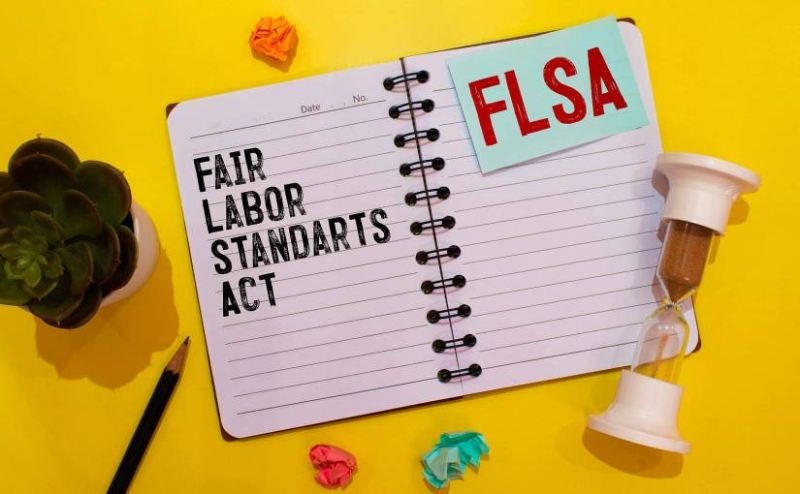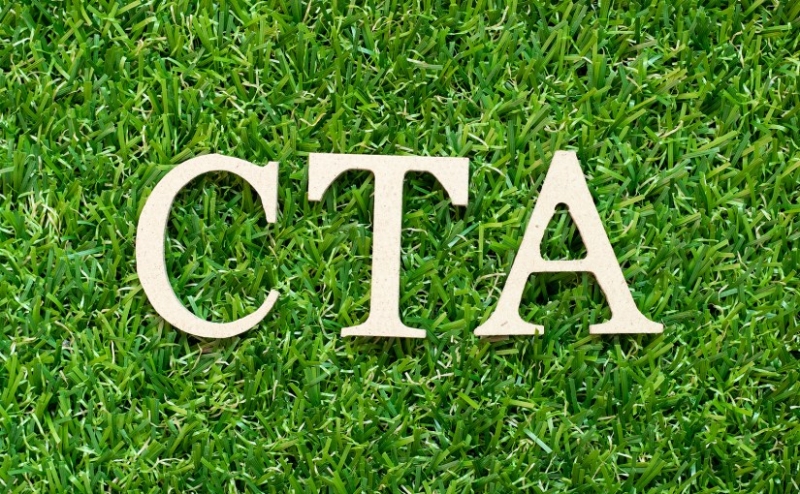
On August 20, 2024, the United States District Court for the Northern District of Texas invalidated the FTC’s rule banning most non-compete agreements. Ryan LLC et al v. Federal Trade Commission, WL 3297524 (08/20/2024). In its highly anticipated opinion, the Court determined the FTC exceeded its authority in promulgating the rule and that the rule is arbitrary and capricious. This decision was not limited to the parties before the Court and blocks the rule from becoming effective nationwide on September 4, 2024. As a result, existing non-compete agreements may still be valid and enforceable when permitted under applicable law.
Ryan, LLC (“Ryan”) filed its lawsuit on April 23, 2024, arguing the FTC did not have rulemaking authority under the Federal Trade Commission Act, that the rule is the product of an unconstitutional exercise of power, and that the FTC’s acts and findings were arbitrary and capricious. Several plaintiffs, including the U.S. Chamber of Commerce, intervened in the lawsuit to challenge the rule.
In July, the Court enjoined the FTC from implementing or enforcing the rule. That ruling, however, was limited in scope and only applied to Ryan and the intervening plaintiffs. Shortly thereafter, all parties filed motions for summary judgment. Plaintiffs asked the Court to invalidate the FTC’s rule, and the FTC sought dismissal under the theory it has express rulemaking authority under the FTC Act.
The Court first examined the FTC’s statutory rulemaking authority and determined the rulemaking provisions under the FTC Act do not expressly grant the FTC authority to promulgate substantive rules. The Court reasoned that although the Act provides some rulemaking authority, that authority is limited to “housekeeping” types of rules. The Court concluded “the text and the structure of the FTC Act reveal the FTC lacks substantive rulemaking authority with respect to unfair methods of competition…” As a result, the Court held the FTC exceeded its statutory authority in promulgating the rule.
Next, the Court considered whether the rule and the promulgation procedure was arbitrary and capricious. The Court was unconvinced by the studies and other evidence relied on by the FTC in promulgating the rule and found that the FTC failed to demonstrate a rational basis for imposing the rule. The Court also noted that the FTC was required to consider less disruptive alternatives to its near complete ban on non-compete agreements. Although the FTC argued it had “compelling justifications” to ignore potential exceptions and alternatives, the Court concluded the rule was unreasonable and the FTC failed to adequately explain alternatives to the proposed rule. Ultimately, the Court opined the rule was based on flawed evidence, that it failed to consider the positive benefits of non-compete clauses and improperly disregarded substantial evidence supporting non-compete clauses.
As a result of this ruling, the FTC’s rule will not become effective on September 4, 2024, short of any additional orders or rulings from a higher court reversing or staying the decision. For the time being, the existing laws governing non-compete agreements will remain in place. In Michigan, employers may enforce non-compete agreements that are reasonable in duration, geographical area and type of employment or line of business. In Illinois, they are regulated by the Illinois Freedom to Work Act, which imposes a stricter regulatory scheme. This should come as a relief for employers who can generally avoid—at least for now—analyzing complex issues regarding the impact that the FTC’s rule would have had on executive compensation arrangements tied to compliance with non-compete agreements, especially in the tax-exempt organization context.
© 2024 Miller, Canfield, Paddock and Stone PLC
by: D. Kyle Bierlein, Brian T. Gallagher, Barry P. Kaltenbach, Brian Schwartz of Miller Canfield


